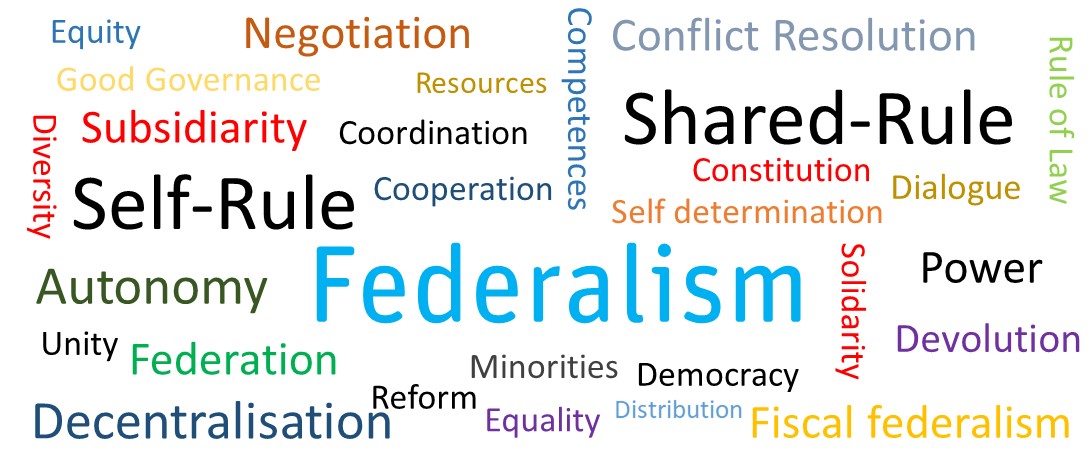Abstract
The conceptual history of federalism only begins in the 17th century as a response to Bodin’s doctrine of absolute and indivisible sovereignty. Modern federalism has therefore typically been understood as a variation of the state, most importantly in the form of the federal state. Non-statist federal concepts have been ignored or neglected. Against the pessimistic assumption that a universal federal principle cannot be found, I suggest that it is at least possible to identify a coherent set of normative principles without which federalism would not make sense. These principles are membership equality, subsidiarity, social solidarity, and federal comity.



